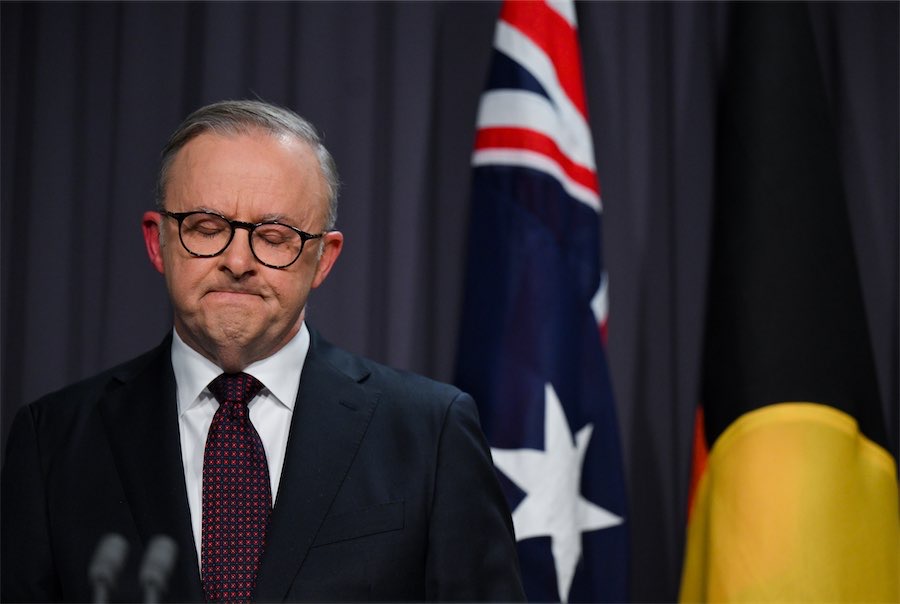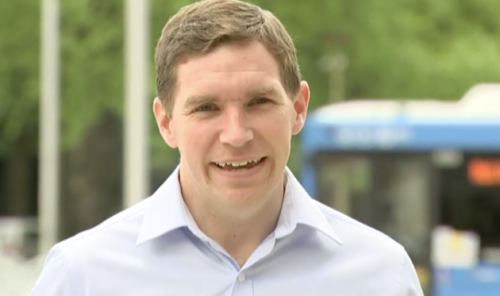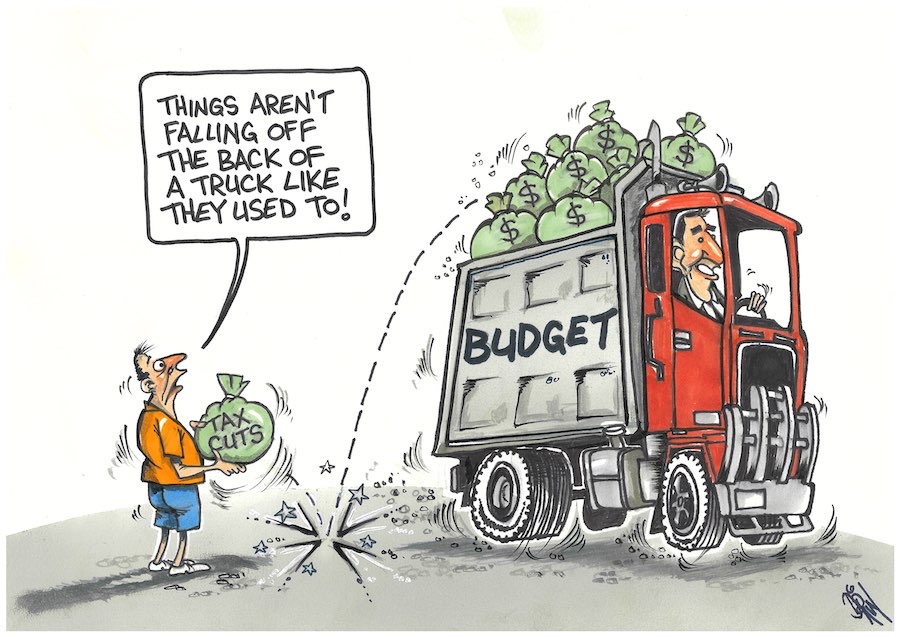
Anthony Albanese had good motives but his referendum has done much harm, says political columnist MICHELLE GRATTAN.
THE National Anti-Corruption Commission the other day issued its weekly statement about its work program. The government legislated for the NACC late last year, it began operations on July 1, and it’s now going full steam.
What if Anthony Albanese had taken the same approach to the Voice? The Senate would have passed the legislation. The Voice could be operating right now.
Instead, the Voice is dead and reconciliation is, at least for the moment, a wasteland. In medicine they say “do no harm”. Albanese was well motivated, but a great deal of harm has been done.
The prime minister and others will say, the indigenous people wanted a Voice in the constitution, not simply a legislated Voice. How could he ignore that, when he made his pre-election promise to pursue the Uluru Statement from the Heart in full?
It sounds a compelling argument. Except when you consider the result. Instead of getting something, the outcome has been to achieve nothing.
The destruction of the Voice has been a bipartisan saga over many years, since the Uluru Statement was put out in 2017. The Turnbull government tried to strangle it at birth by wrongly describing it as a “third chamber” of parliament (Malcolm Turnbull later changed his mind). The Morrison government rejected a constitutional Voice and never got around to a legislated one. Finally, the Albanese government has blown it out of the water.
The fact Albanese had the best of intentions is, unfortunately, irrelevant. This wouldn’t be the first disaster coming from a good heart.
Given that around six in 10 people voted “no”, former Labor powerbroker Graham Richardson is almost certainly right when he said this week: “There was never a time when there was a glimmer of hope this could get through”.
That’s regardless of the early positive polling, when the debate hadn’t started in earnest.
Australians almost never want to change the constitution, and many would not countenance a proposal that lacked enough detail and accorded one section of the community a particular constitutional place.
To blame lack of bipartisanship, mis/disinformation, and racism is kidding ourselves. The margin was too wide.
To think Peter Dutton’s support could have swung things is a very long stretch. The conservatives would have been divided, whatever Dutton did.
And yes, there was misleading information and conspiracy theories flying around. But it’s insulting to suggest that so many voters were just duped.
Kos Samaras is a director of RedBridge, a political consultancy firm that undertakes research, including deep dives to tap people’s attitudes. Samaras is no right winger – he’s a former Labor operative, and a declared “yes” voter. His views on the intense focus on disinformation are worth thinking about.
“Why do some fixate on disinformation when digesting election results?
“1. It avoids self-reflection 2. It assumes everyone is interested in politics 3. It confirms a societal bias that people who do not agree with you are stupid, especially poorer folk 4. Some MPs, some media and the staffer class live separated lives from the lived experience of Australians. It helps to ignore this reality 5. It ignores the real reason disinformation works. It is believed if it aligns with a person’s voting intention and existing biases 6. It avoids having to alter campaign approaches that may force you to empower people who are culturally different 7. It helps with the sudden realisation that you belong to a minority.
“The fixation on disinformation also guarantees repeating the same mistakes next time.”
The Albanese government has legislation on the go to crack down on online “misinformation and disinformation”. But, as critics have pointed out, including constitutional lawyer Anne Twomey, a strong backer of the Voice, this carries significant dangers for freedom of speech. In fighting one problem, we should beware of creating another.
Racism reared its head during the campaign, and that was abhorrent. What proportion of votes racism drove, however, is another matter.
Racism should be always called out. Equally, it should not be exaggerated in the wake of this defeat. To explain the result as fundamentally the product of a racist Australia is likely to add to the despair some indigenous people are feeling.
A central reason the indigenous backers of the Voice campaign wanted it in the constitution was so a future (conservative) government could not abolish it. That insistence was understandable but had two flaws.
First, the plan had parliament possessing wide powers over the body’s structure, so a later government could have emasculated it to the point of near extinction.
The second flaw was this. If making the “perfect” (constitutional status) the enemy of the “good” (legislated only) was likely to end up where we are now, wouldn’t it have been better just to pursue the “good”?
Albanese apparently thought he could deliver the perfect, which is extraordinary for a politician with his experience. But plenty around him must have known this was unlikely and should have persuaded him to confront reality. And then he should have been straight with indigenous leaders about what could be achieved. Instead he seemed almost intimidated by some of them.
Indigenous leaders are observing a week of media silence and contemplation. They too must feel the responsibility they carry.
Albanese says he is waiting to be advised by indigenous people on where to from now. When the government said in the campaign it had no plan B, that seems to have been the case. It has not clarified its post-referendum position on treaty and truth-telling.
Given a fractious and difficult parliamentary sitting week, and internal Labor tensions over the Middle East crisis, the prime minister would be glad of the official indigenous silence.
Politically, Albanese and the government want to move on quickly to other issues. Asked by a backbencher at Tuesday’s caucus meeting what they should say to constituents in the wake of the loss, the prime minister reeled off a list of the government’s achievements in education, health, employment and other areas.
On Thursday, the government issued a release announcing $30.8 million for health research “that listens to indigenous communities”. It said the 26 research projects “have all involved First Nations people from the start, listening to the lived experience of people at every stage”.
There are a lot of indigenous voices out there: when it regroups, the government will need to step up its efforts to work more effectively with them. In one encouraging result in a bleak week, an Essential poll reported more than six in 10 people had agreed if the referendum failed the government should continue to work with First Nations communities to find solutions to the issues they face.![]()
Michelle Grattan, Professorial Fellow, University of Canberra. This article is republished from The Conversation.
Who can be trusted?
In a world of spin and confusion, there’s never been a more important time to support independent journalism in Canberra.
If you trust our work online and want to enforce the power of independent voices, I invite you to make a small contribution.
Every dollar of support is invested back into our journalism to help keep citynews.com.au strong and free.
Thank you,
Ian Meikle, editor




Leave a Reply